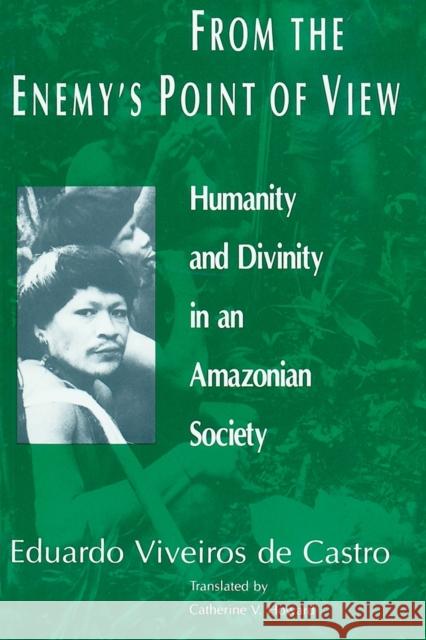From the Enemy's Point of View: Humanity and Divinity in an Amazonian Society » książka
From the Enemy's Point of View: Humanity and Divinity in an Amazonian Society
ISBN-13: 9780226858029 / Angielski / Miękka / 1992 / 428 str.
The Arawete are one of the few Amazonian peoples who have maintained their cultural integrity in the face of the destructive forces of European imperialism. In this landmark study, anthropologist Eduardo Viveiros de Castro explains this phenomenon in terms of Arawete social cosmology and ritual order. His analysis of the social and religious life of the Arawete a Tupi-Guarani people of Eastern Amazonia focuses on their concepts of personhood, death, and divinity.
Building upon ethnographic description and interpretation, Viveiros de Castro addresses the central aspect of the Arawete's concept of divinity consumption showing how its cannibalistic expression differs radically from traditional representations of other Amazonian societies. He situates the Arawete in contemporary anthropology as a people whose vision of the world is complex, tragic, and dynamic, and whose society commands our attention for its extraordinary openness to exteriority and transformation. For the Arawete the person is always in transition, an outlook expressed in the mythology of their gods, whose cannibalistic ways they imitate. "From the Enemy's Point of View" argues that current concepts of society as a discrete, bounded entity which maintains a difference between "interior" and "exterior" are wholly inappropriate in this and in many other Amazonian societies.
"











